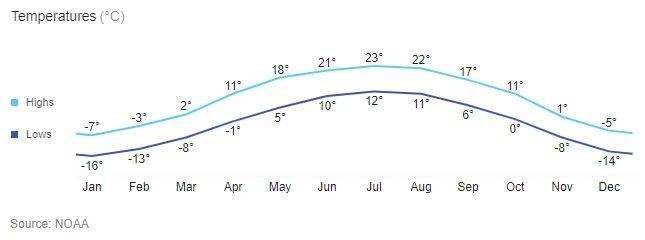

These items are optional and you can choose them as you wish after applying for the course.
| Term start& deadline | Deadline | ||
|---|---|---|---|
| Fall-September 30-June-2024 | 2024-06-30 |
|
MacEwan University’s Bachelor of Design is a unique, forward-thinking program that is tailored to the qualities of 21st-century designers.
Coursework is project-based, hands-on and theory-driven.
Over four years of study, students complete required courses that develop general design skills such as critical thinking, research, ideation, problem-solving, visualization, craft, technical proficiency, client communication, prototyping, testing and refinement.
Beyond the core courses, the degree offers flexibility in course selection and an opportunity for students to determine the skills they wish to develop.
By selecting specific options, students form a pathway.
Students do not declare pathways – they are simply program recommendations for how students could select their option courses.
Students can customize each pathway to suit their own needs. The following are four potential pathways students could adopt:
$32,636
| Cost of living | 1 person | $7,536 |
| Accommodation | 1 bed room | $8,636 |
| Tuition | 1 person | $24,000 |
Duolingo: Minimum overall band score of 115
An applicant who is completely bilingual and fluent in English is entitled to submit a written petition to the Office of the University Registrar providing evidence that the applicant’s English language proficiency exceeds the specified minimum levels, and requesting exemption from the English language proficiency (ELP) requirement.
Applicants are strongly encouraged to present a broad range of subjects in order to benefit from the breadth of learning and to increase flexibility of future program and course choices.
Applicants with nine or more university-level credits must also present a minimum Admission Grade Point Average (AGPA) of 2.0 on a 4.0 scale.
Group A (Humanities): Social Studies 30-1, 30-level language other than English, Aboriginal Studies 30
Group B (Fine Arts): Art 30, Art 31, Communication Technology Advanced (5 credits), Dance 35, Drama 30, Music 30 (Choral, Instrumental or General (5 credits), Musical Theatre 35, Music 35, Performing Arts 35 A, B, or C., Additional 35-level Fine Arts courses may be considered.
Group C (Sciences): Biology 30, Chemistry 30, Mathematics 30-1, Mathematics 30-2 (cannot be used for admission with Pure Mathematics 30 or Mathematics 30-1), Mathematics 31, Physics 30, Science 30, Computing Science Advanced (CTS) (5 credits)
Group D (Optional/Electives): Physical Education 30, Applied Sociology 30, Cultural and Physical Anthropology 30, Experimental Psychology 30, International Politics 30, Macroeconomics 30, Microeconomics 30, Philosophies of Man 30, Religious Studies 35, Western World History 30, World Geography 30, World Religion 30 ,Advanced CTS subjects (5 credits) as follows:
Agriculture, Community Care Services, Construction Technologies, Cosmetology , Criminal Justice Studies, Design Studies, Electro-Technologies, Enterprise and Innovation, Environmental Stewardship, Esthetics, Fabrication Studies, Fashion Studies, Financial Management, Foods, Forestry, Health Care Aide, Health Care Services, Human & Social Services, Information Processing, Legal Studies, Logistics, Management & Marketing, Mechanics, Networking, Power Engineering, Primary Resources, Recreation Leadership, Tourism Studies, Wildlife; Additional CTS courses may be considered.

Related courses in univly